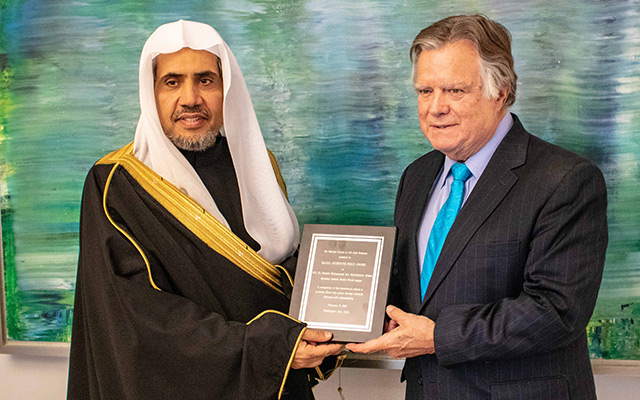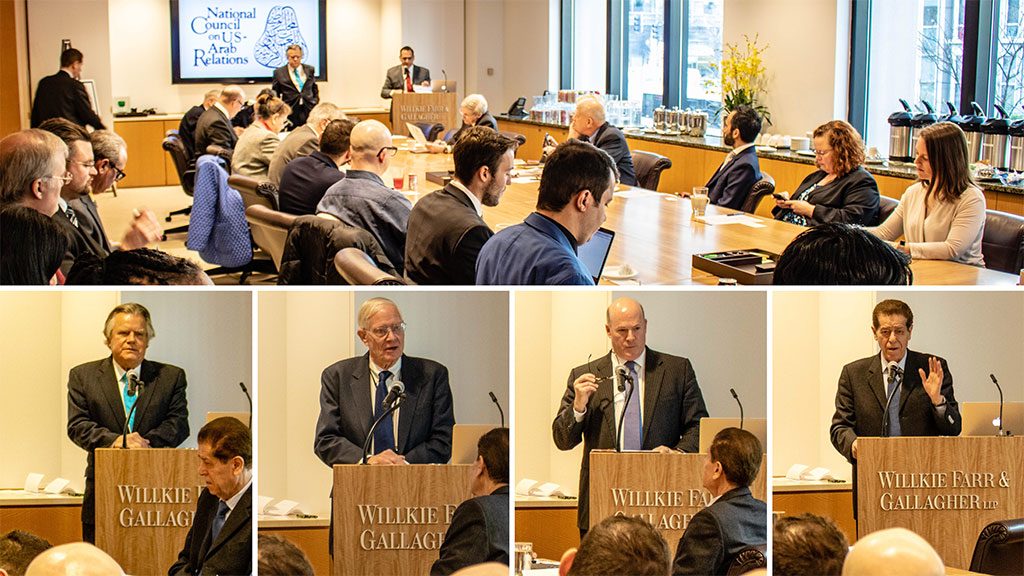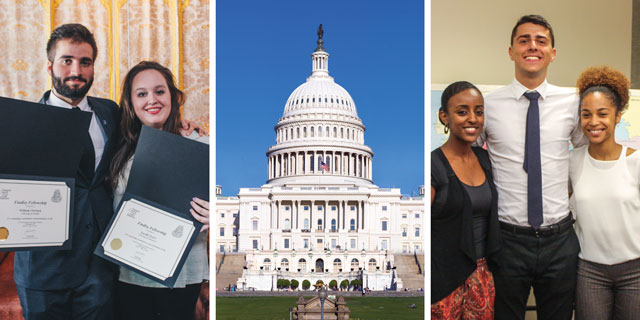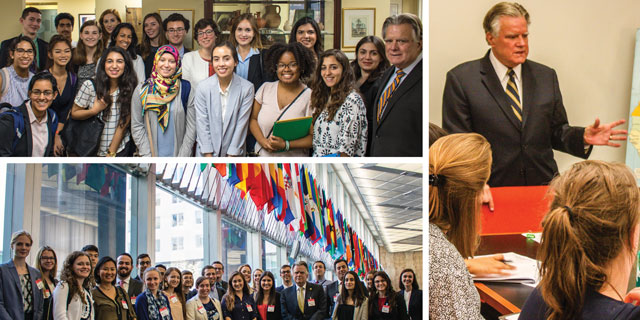In the field of U.S.-Arab relations and much more, Shafiq Kombargi was an extraordinary individual. He was not just my friend. He was the friend of untold numbers of others. Those who loved and admired the man were countless. His passing brings a moment of great sadness.

Shafiq Kombargi
Numerous specialists in the Arab region and U.S.-Arab affairs never met Shafiq, and some may not even have heard of him. Yet few individuals can match the outsized positive and enduring influence that Shafiq had on so many people’s lives.
The evidence is abundant. Shafiq’s sustained imprint upon innumerable United States-affiliated educational and cross-cultural institutions is massive.
Reaching Out to Others
Shafiq’s contributions were not those of a renowned researcher, scholar, university professor, or publicist. He was none of those. Yet all who labor in one or more of those fields have long been in his debt.
Shafiq’s gifts to Arab-U.S. cooperation and cross-cultural understanding were mostly made indirectly. In various instances, his accomplishments were achieved through and apart from his decades-long career with what was originally known as the Arabian American Oil Company, which in time became Saudi Aramco, and that, to this day, operates a subsidiary entity in the United States known as Aramco Services Company. Indeed, these entities had Shafiq’s back.
Often, Shafiq’s contributions were made from behind the scenes. Reduced to a single word, he was an enabler. Certainly, in addition to the example he set in other areas of endeavor, that’s how he influenced my life; doubtless, others can say the same.
Continue reading »










You must be logged in to post a comment.